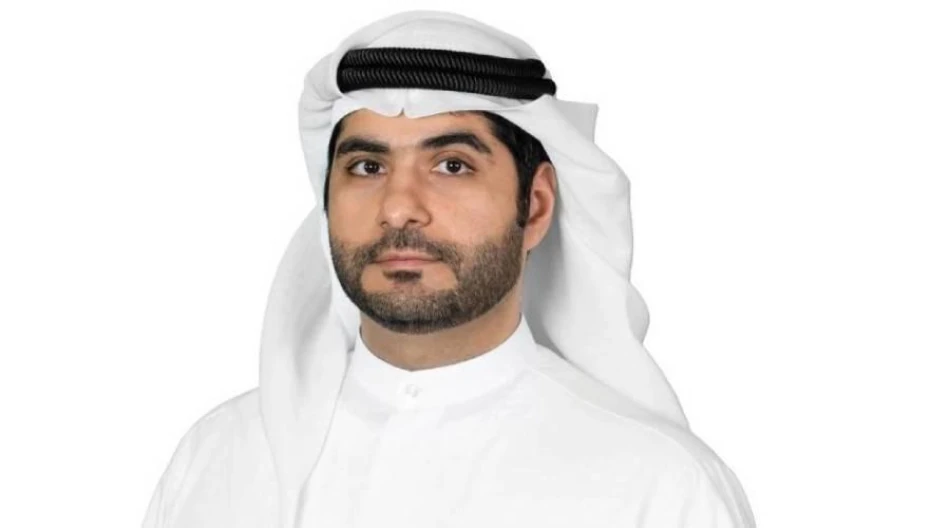
Collaborative Approach: Educator Muhammad Al-Qasim Shapes Educational Decisions
UAE Education Ministry Embraces Grassroots Decision-Making to Shape National Learning Strategy
The UAE's Ministry of Education is positioning itself as a pioneer in collaborative educational governance, with senior officials emphasizing that policy decisions now originate directly from schools and communities rather than top-down bureaucratic structures. This shift represents a significant departure from traditional Gulf education models and signals the Emirates' commitment to building a more responsive and adaptive learning ecosystem.
From Classroom to Cabinet: A New Policy Framework
Engineer Mohammed Al Qasim, Undersecretary of the Ministry of Education, outlined the ministry's evolved approach to educational decision-making through social media channels, highlighting how parent feedback and grassroots observations now drive policy formation. This methodology places families and educators at the center of strategic planning, treating them as primary stakeholders rather than passive recipients of government directives.
The approach reflects a broader transformation in how Gulf states manage public services, moving away from centralized command structures toward more inclusive governance models. This shift comes as the UAE positions itself as a global education hub, competing with established centers like Singapore and Switzerland for international students and educational excellence rankings.
Strategic Alignment with National Vision
Al Qasim emphasized that all educational initiatives remain aligned with the UAE's national leadership vision, which prioritizes sustainable development and positive change across all sectors. This balance between grassroots input and strategic national objectives demonstrates the Emirates' attempt to democratize policy-making while maintaining coherent long-term planning.
The ministry's collaborative framework involves specialized teams and national institutions working together to implement ambitious educational goals. This multi-stakeholder approach mirrors successful models seen in countries like Finland and Canada, where educational success stems from broad consensus-building rather than isolated policy decisions.
Market Implications for Regional Education Sector
This policy shift carries significant implications for the UAE's growing education market, valued at over $2 billion annually. By emphasizing responsiveness and adaptability, the ministry is likely positioning the country to attract more international schools, universities, and educational technology companies seeking stable yet flexible regulatory environments.
The collaborative approach also suggests the UAE is preparing for rapid changes in educational delivery methods, particularly as artificial intelligence and digital learning platforms reshape traditional classroom models. Countries that can quickly adapt policies based on real-world feedback typically outperform those with rigid bureaucratic structures in adopting educational innovations.
Regional Leadership Through Educational Excellence
Al Qasim's emphasis on "pioneering education and a promising future for the nation's children" reflects the UAE's broader strategy of achieving regional leadership through human capital development. This focus on educational excellence as a national priority aligns with similar initiatives in Saudi Arabia's Vision 2030 and Qatar's National Vision 2030, creating healthy competition among Gulf states for educational supremacy.
The ministry's commitment to extensive consultation and in-depth studies before implementing policy changes suggests a mature approach to educational governance that prioritizes evidence-based decision-making over political expediency. This methodology, if successfully implemented, could serve as a model for other developing nations seeking to modernize their educational systems while maintaining cultural relevance and national identity.
Most Viewed News

 Omar Rahman
Omar Rahman






